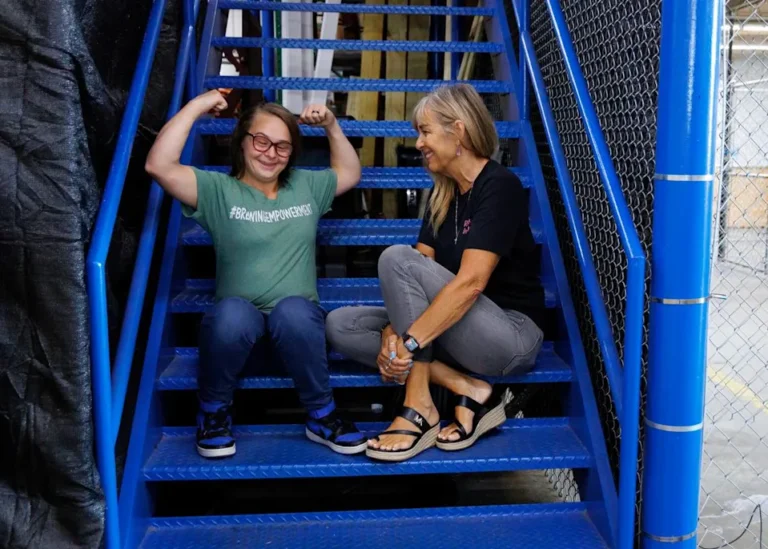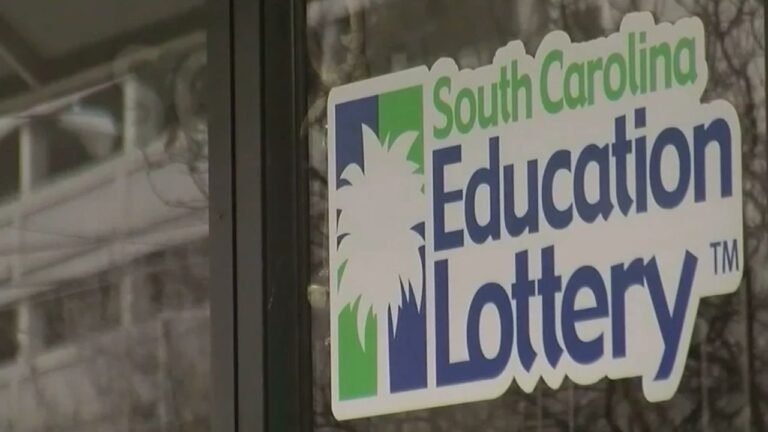Gavin Newsom Signs $750M Boost for Hollywood to Revive Film Industry Jobs
CALIFORNIA — Governor Gavin Newsom signed a major expansion to California’s film and television tax incentive program this week, increasing the cap from $330 million to $750 million annually. The move is intended to help the state retain and grow production jobs amid mounting competition from other film-friendly states and countries.
New funding comes after years of industry decline
At a press conference held at The Ranch Lot Studios in Burbank, Newsom was joined by city leaders, union representatives, and industry stakeholders to celebrate the passage of the measure. Speaking from the podium, Newsom admitted that California had grown complacent while states like Georgia, Texas, and New York ramped up aggressive incentives to lure productions away.
“The world we invented is now competing against us,” Newsom said, listing international rivals such as Toronto, Vancouver, New Zealand, and the United Kingdom as well.
The state’s updated tax credit will begin accepting applications on July 7, aligning with a broader effort to rejuvenate the state’s entertainment economy, which has suffered from declining shoot days and underused soundstages.
Hollywood leaders praise the plan
Mayor Karen Bass of Los Angeles voiced support for the legislation, stating that with Sacramento doing its part, it’s now L.A.’s turn to make local production easier. She emphasized streamlining permits and reducing bureaucracy to help remove barriers to filming within the city.
“We’re moving forward to say, ‘How can we make filming easier? How can we make it more cost-effective?’” said Bass, referencing new executive directives issued in May to open more city-owned filming locations like Griffith Observatory.
The Governor’s Office highlighted 16 projects set to benefit from the new incentives, including Hulu’s Paradise, CBS’ NCIS: Origins, and Prime Video’s Mr. & Mrs. Smith.
Workforce stability and economic impact
California Film Commission Executive Director Colleen Bell emphasized the long-term value of making California not just the birthplace but the permanent home of film and television.
Assemblymember Rick Chavez Zbur, a key backer of the bill, stressed the need for job stability across the state’s entertainment workforce, which was severely impacted by the pandemic and industry shifts.
Actor Noah Wyle provided a firsthand account from his work on Max’s hospital drama The Pitt, detailing the production’s local economic impact:
-
135 shoot days over 7 months
-
1,100 daily hires, with 350 full-time crew
-
$35 million in wages
-
$20 million in goods, rentals, and materials
“This city has been growing talent for decades… That apprenticeship is worth a lot,” Wyle said.
California still trails New York and Georgia in overall competitiveness
While California’s $750 million annual incentive is a leap forward, it still lags behind New York’s $800 million cap, and Georgia’s uncapped film tax credit, which has made it a dominant player in the U.S. market.
Nonetheless, leaders hope this expansion will reverse years of decline in Los Angeles-based production and ensure that California remains central to global entertainment.
Have thoughts on California’s entertainment comeback strategy? Share your perspective at saludastandard-sentinel.com — we cover policy that impacts jobs and industry across the South.







